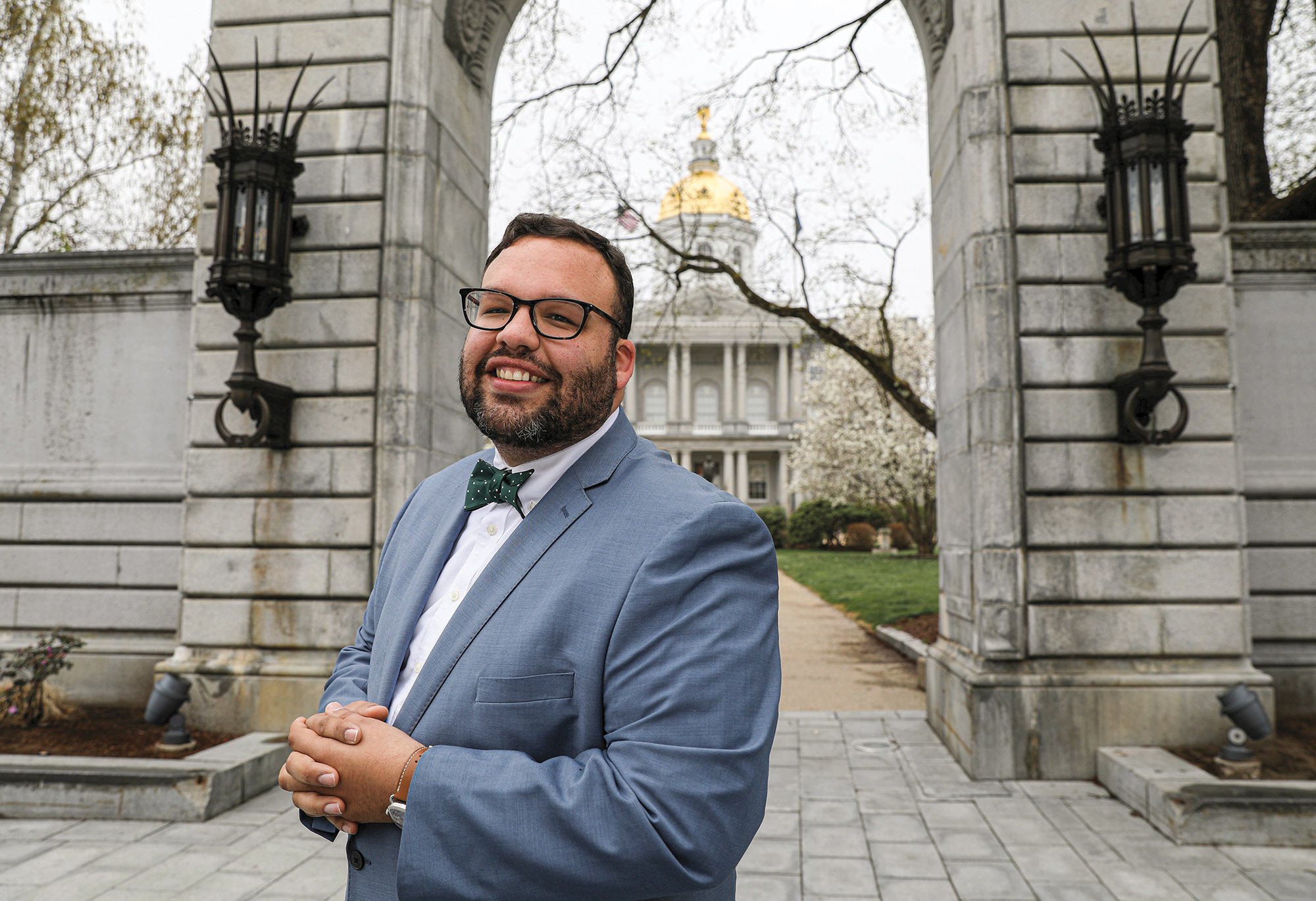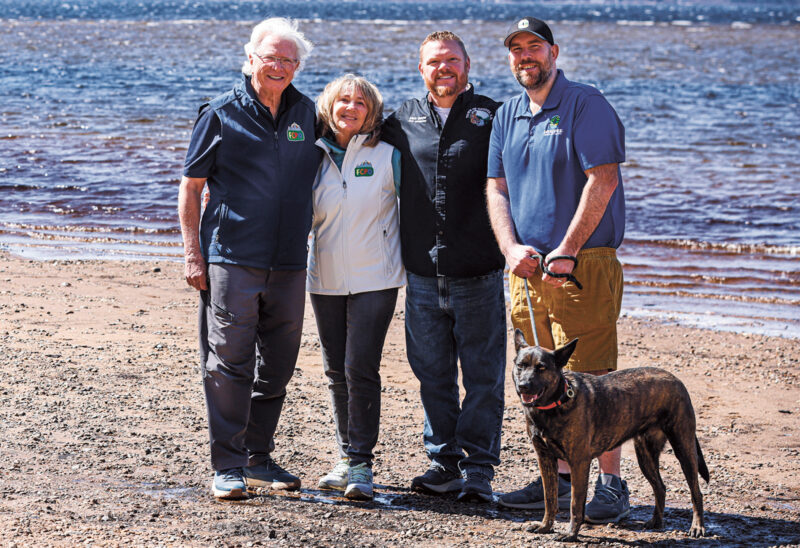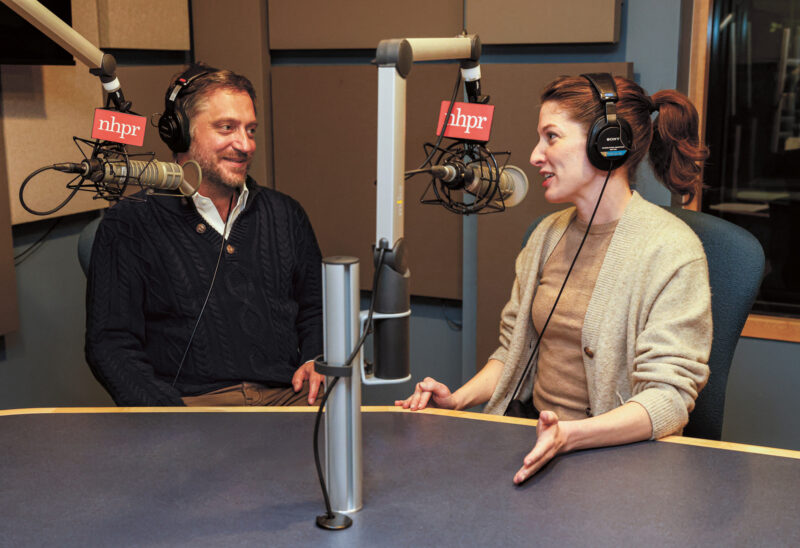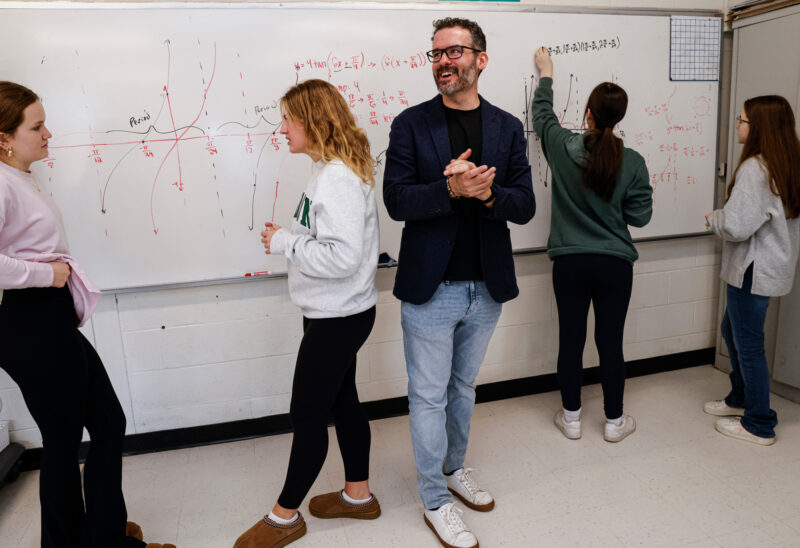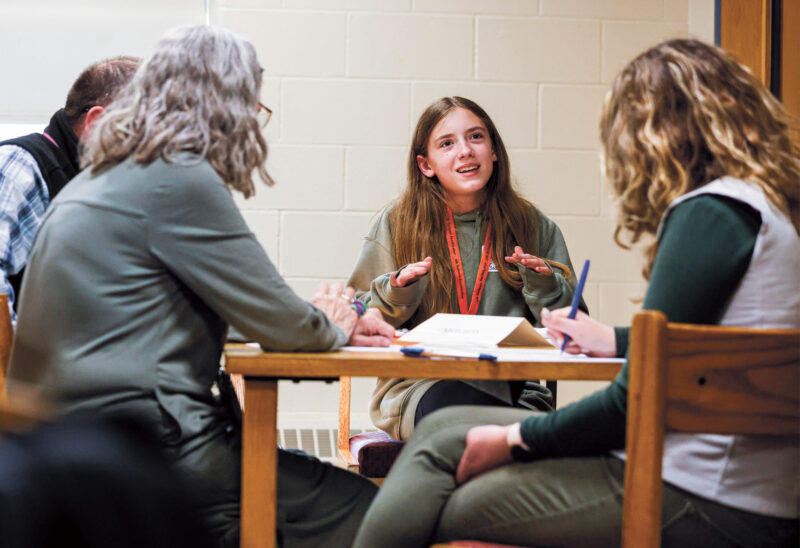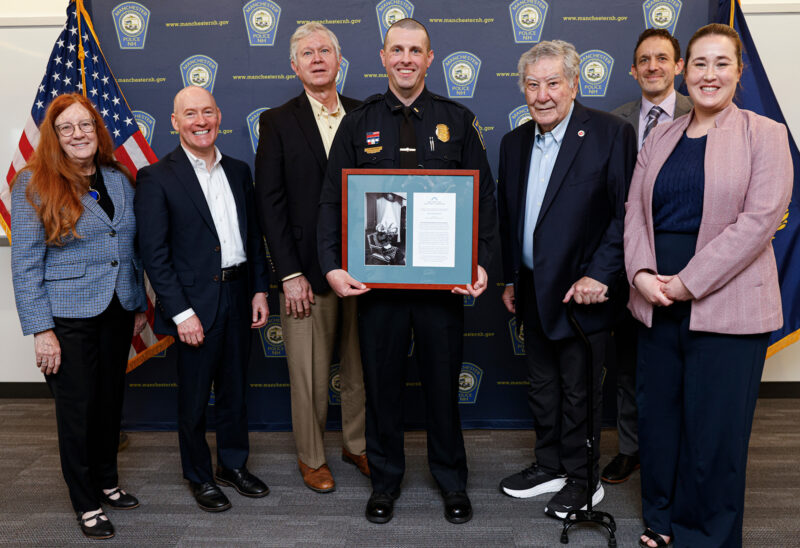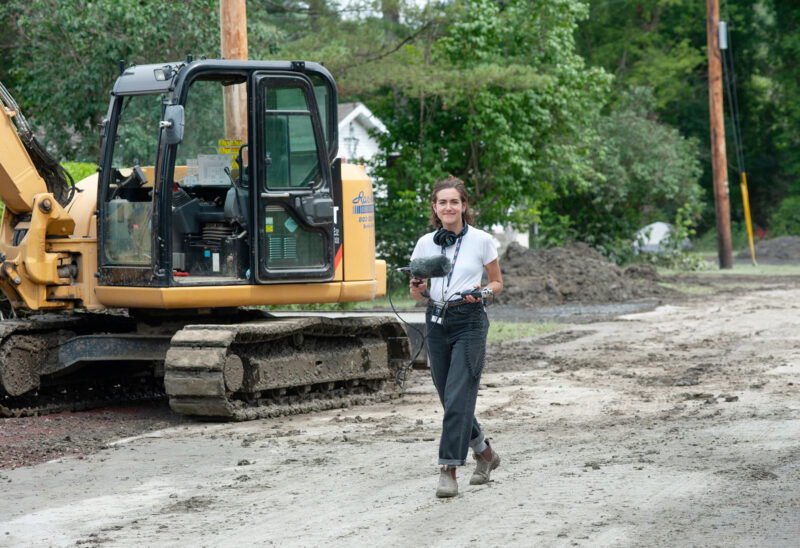Gene Martin is the executive director at the New Hampshire Fiscal Policy Institute. He spoke to the Foundation’s Lois Shea about his work.
LS: Why was this the right next chapter in your life’s work?
GM: I have two daughters. Having children helps you think about how you can make a difference. NHFPI is an independent nonpartisan policy entity that is here to be a resource to policymakers, community leaders and the press to help make our state a better place. It was a perfect fit to make a difference for communities.
LS: Why is data such an important part of making a difference?
GM: If you want to have policy solutions to our state’s challenges, you have to look to the data to inform those decisions. And I think it is important for us to be grounded in facts and to provide analysis so policymakers are able to make informed decisions.
LS: You study a huge array of issues — from the budget to revenue and taxes, the economy, health and education, income and poverty. How do you decide where to focus?
GM: For NHFPI, we ask: “Can we have an impact, who’s doing the work, and do we have the capacity to be able to do it and do it well?” When we think about the state budget and revenue policy, we are seen as the leading nonprofit in the state doing this kind of analysis. It’s also important to remember the state budget is more than just numbers on a page. We are talking about people’s lives, and looking at how the state budget affects everyday Granite Staters.
LS: In a time of such polarization in civic life, the need for nonpartisan, independent data collection and analysis may be more important than ever.
GM: If we’re going to have a policy conversation, we all should have the same set of facts. One benefit of the NHFPI is that we are respected on both sides of the aisle. We are happy to work with legislators from any party who are interested in having data to help inform their decisions.
LS: What are three data points about New Hampshire that you wish everyone knew?
GM: We have the second-highest median age — we’re actually tied for second place with Vermont and West Virginia; 58% of students leave the state to go to college; and multichild households often exceed their monthly mortgage or rent payment on childcare costs. We are going to be in an even more challenging workforce position in 20 years if we do not start to face these headwinds.
LS: You are sort of “Mr. New Hampshire.” You graduated from Manchester public schools, worked at Plymouth State and in the State House, you’re working on a doctorate at UNH, serve on the boards of Leadership NH and the Manchester Historic Association, plus the finance committee of the Black Heritage Trail of New Hampshire, and are president of your local Lions Club. Why are those volunteer efforts important to you?
GM: I feel like I have a moral obligation to pay it forward to the community. I lived in a homeless shelter as a kid. I was the first person to go to college in my family. I always felt that it was my obligation because folks helped me along the way. It is why I come to this work and why I am involved with organizations to help make New Hampshire a better place. I think it’s important to leave the woodpile higher than you found it.

